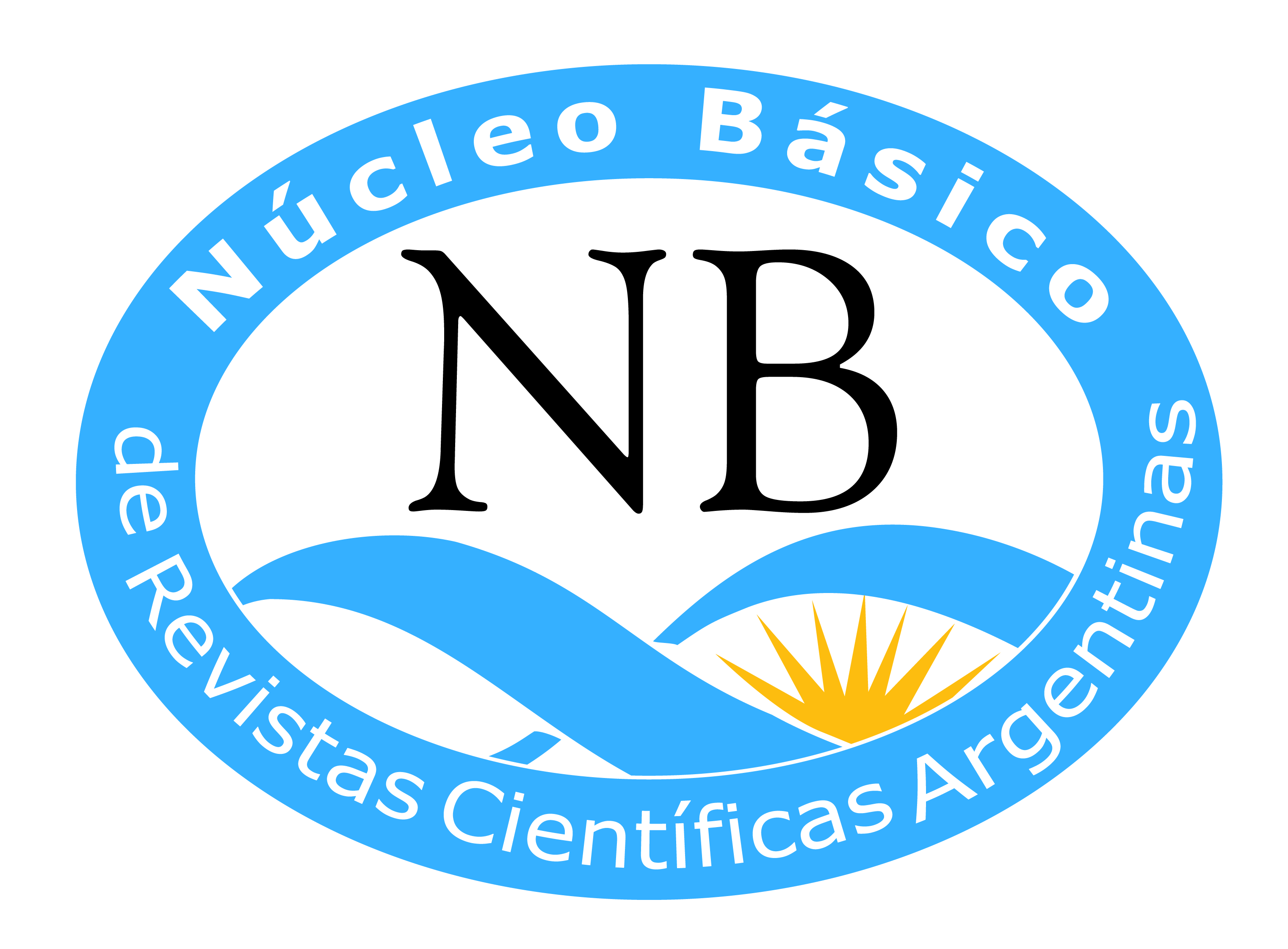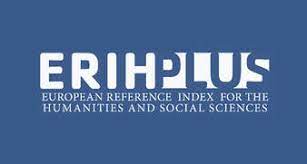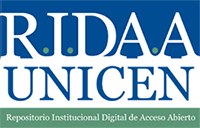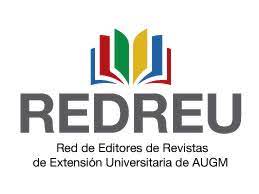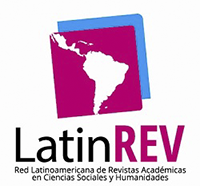Saberes matemáticos y territorio: acompañando procesos de articulación entre Inicial y Primaria
Resumen
En este trabajo se comparte la sistematización de la experiencia desarrollada desde la cátedra de Matemática correspondiente al Profesorado en Educación Inicial de la Facultad de Ciencias Humanas de la Universidad Nacional del Centro de la Provincia de Buenos Aires. Esta fue la primera Práctica Socio-Educativa a partir de la aprobación del Reglamento de dichas prácticas en 2023 en este espacio curricular. Participaron estudiantes de primer y cuarto año de la carrera, realizando una propuesta de articulación en el área de Matemática entre un jardín de infantes y una escuela primaria en un barrio periférico de la ciudad de Tandil, identificado como Punto de Extensión Territorial de la Universidad. La práctica se desarrolló en 20 encuentros, comenzando con reuniones integradas por los equipos de gestión de las instituciones, las secretarías de Extensión de la Facultad y de la Universidad. En este escrito se comparte la descripción de las actividades matemáticas desarrolladas en las aulas de la escuela, en el jardín y en el espacio de cátedra. Se destaca la relevancia en esta experiencia de los aprendizajes de los y las estudiantes que a su vez fueron incorporando saberes propios de la Didáctica de la Matemática y su interacción con aquellos saberes de las aulas que constituyen sus futuros ámbitos de inserción laboral.
Descargas
Los autores conservan la propiedad intelectual de sus artículos, aceptando ceder a Masquedós los derechos para su publicación y garantizando a la revista el derecho de ser la primera publicación del trabajo. Los artículos se encuentran protegidos por una Licencia Creative Commons “Atribución - No Comercial - Compartir Igual CC BY-NC-SA” según se detalla en la Política Editorial. Luego de publicado un artículo, la revista autoriza su reproducción parcial o total siempre que se cite la procedencia mencionando: autor(es), año, título, volumen, número y DOI; y como fuente: Revista Masquedós.
Las opiniones vertidas en los artículos son de exclusiva responsabilidad de los autores y no reflejan necesariamente la posición del equipo de la revista.





